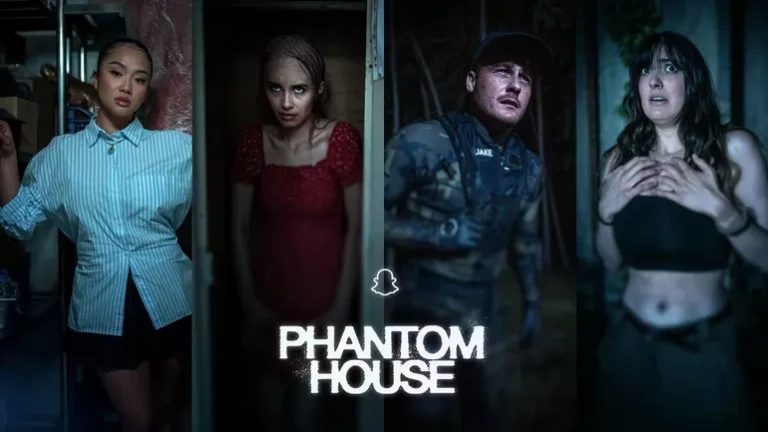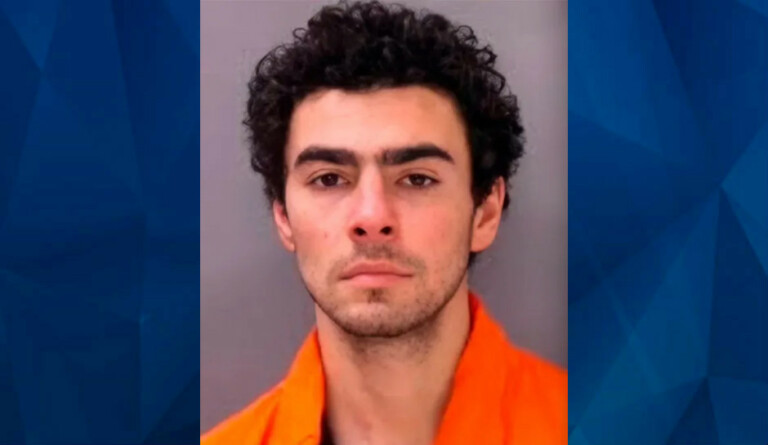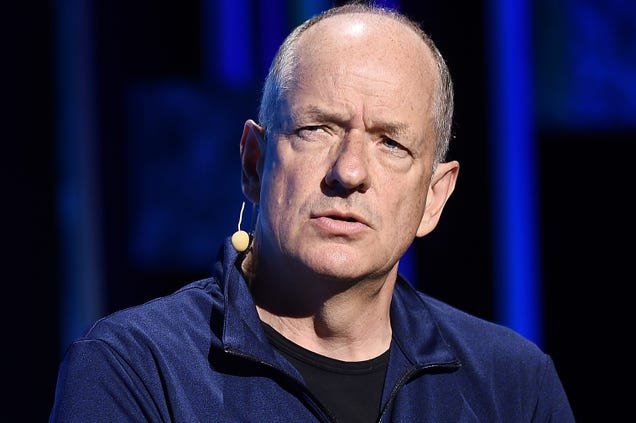UnitedHealthcare is increasing security after Brian Thompson’s killing, executive says
The CEO of UnitedHealth Group, Andrew Witty, told employees he would increase security, including “perimeter protection”, at the company’s sites following the killing of one of their colleagues, CEO of the company’s health insurance branch Brian Thompson.
In comments shared with the Guardian, Witty said the company would make “permanent” changes that would make campuses less “welcoming”, but they were necessary in the country’s current “climate”.
“We guard against the pressures that exist for unsafe or unnecessary care to be delivered, in a way that makes the whole system too complex and ultimately unsustainable,” Witty said, according to comments shared with the Guardian.
“I have never been more proud of what this company and our colleagues do on behalf of the people in this country. I urge you to tune out the negative messaging you hear on social media,” Witty said.
Witty made the comments in the face of online vitriol in response to the killing of Thompson, a 50-year-old CEO of United HealthCare, who is survived by two sons and his wife, Paulette.
Thompson was killed early Wednesday morning in midtown Manhattan, just outside the site of the company’s annual investor meeting, by an unknown assailant who shot the executive at least twice and then fled on an ebike.
Police are still searching for the suspect, and released photos and information about items found at the scene, including shell casings scrawled with the words, “deny,” “depose” and “defend”. The motive for the killing is unknown.
The killing has been strongly condemned by lawmakers such as Amy Klobuchar, Democratic US Senator of Minnesota, who on social media described Thompson’s death as a “horrifying and shocking act of violence”.
In response to questions about the webcast and comments, a spokesperson for UnitedHealth Group referred the Guardian to a published statement: “While our hearts are broken, we have been touched by the huge outpouring of kindness and support in the hours since this horrific crime took place.
So many patients, consumers, healthcare professionals, associations, government officials and other caring people have taken time out of their day to reach out. We are thankful, even as we grieve.
Our priorities are, first and foremost, supporting Brian’s family; ensuring the safety of our employees; and working with law enforcement to bring the perpetrator to justice.
We, at UnitedHealth Group, will continue to be there for those who depend upon us for their health care.
We ask that everyone respect the family’s privacy as they mourn the loss of their husband, father, brother and friend.”
In a webcast to employees shared with the Guardian, Witty said that the company would, “provide as much support as we could possibly do to Brian’s family” and “for as long as the family need us”.
Witty then turned to security of the company’s sites: “We’ve also been working hard to make sure that people who feel concerned about security, individually, but more importantly perhaps for our sites, continues to be reviewed and strengthened and to make sure we have put in place all of the appropriate mechanisms to keep our organization and our people safe.”
The CEO also said the company would strengthen the “perimeter protection” of UHC campuses as time goes on.
“We will see permanent changes that will make our sites less welcoming, especially for guests and visitors, but it’s a necessary change to make in the changing climate in this country,” Witty said.
The comments come as corporate CEOs are on edge following Thompson’s death, and as political violence researchers warn that the online reaction to the killing is evidence of the growing acceptability of violence as a means to resolve conflict in the US.
In another part of what appears to be the same webcast, Witty also lambasted the media coverage of Thompson’s death.
“I’d like to give you a little bit of advice around the media,” said Witty in video obtained by reporter Ken Klippenstein and republished by the Daily Beast. “My strong advice and request to everybody is just don’t engage with the media. If you’re approached, I would recommend not responding and, if necessary, simply refer them to our own media organization.”





![HDFC Life Insurance India stocks Elliott Wave technical analysis [Video]](https://mylocalinsuranceadvisor.com/wp-content/uploads/1268-hdfc-life-insurance-india-stocks-elliott-wave-technical-analysis-video.jpg)

